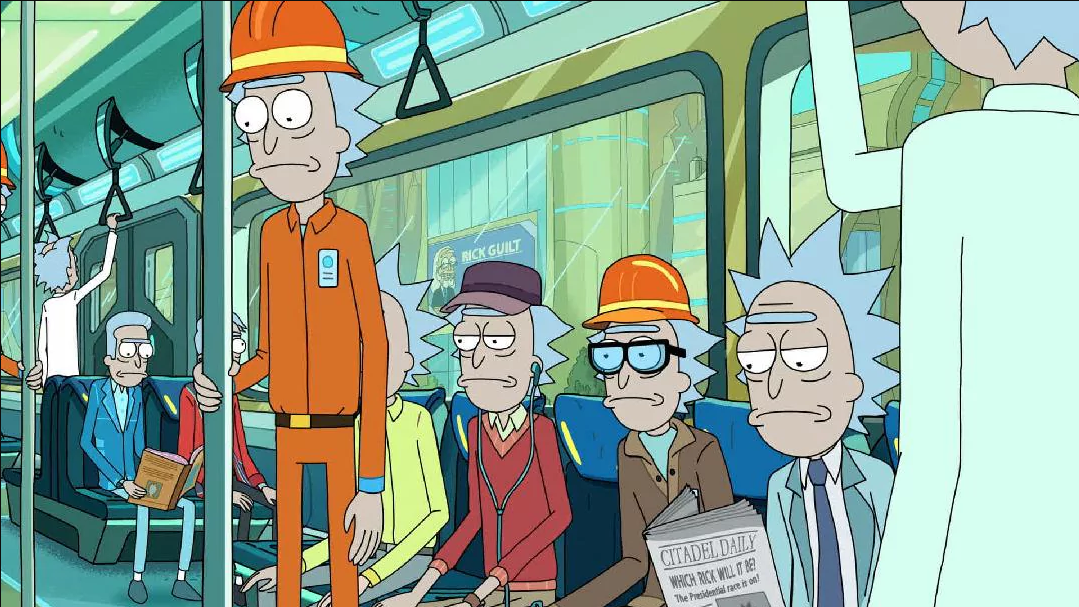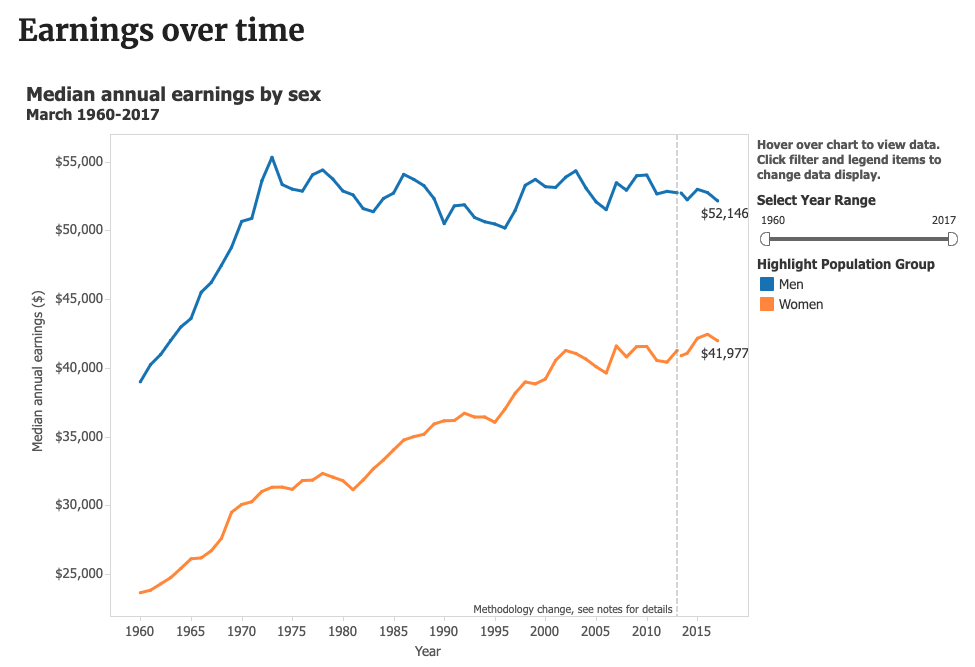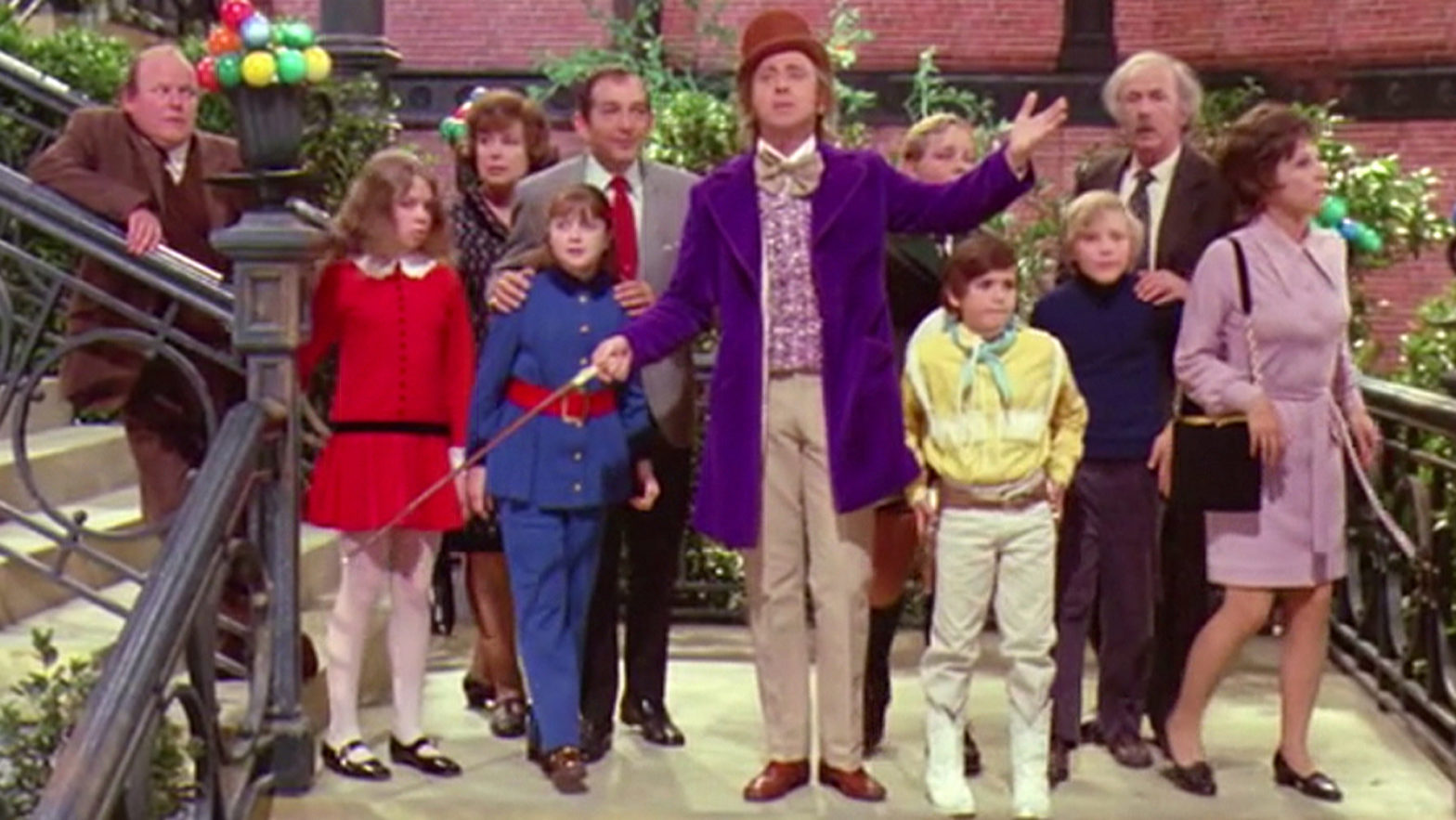Self-knowledge is not only the intrinsic value of your existence, the spiritual powers and carnal qualities of your being, nor is it merely the sum of your productivity as a working human, it is also the superficial measurement of your net wealth.
Not to elevate our finances to the highest value, but this analysis is one that can help guide you toward a life plan. To carry out a life plan will elevate your will power and imbue your life with purpose. This will lead to a greater good in your life, if you’re a good person.
My financial writing is not meant for the wealthy. It is for the average person just beginning to get their boat afloat, if you like. I am myself just beginning to sail, and I am not wealthy.
As soon as you embark on the journey of long term investing and retirement planning — no matter how old you are — it is good to have a sense of your net worth.
There are probably lots of people who make more money than me who never bother with this. The structure of their finances are probably very similar to mine, so this spreadsheet would help them too.
I bet there is an alarming number of medical doctors whose overall net worth is in the red.
That prospect is simple. Say you’re a doctor. You’re 30 years old. You have a six-figure income, but you have $100K in medical school debt accruing interest, and you bought your first home adding $300K to your debt, again with massive interest charges. Assuming you lease your car (no debt), you’ll need home equity and investments valued above $400K to hedge against your great saddling debt.
To look at the interest charges you’ll pay over the lifetime of a mortgage or student loan payment is frightening. Best to ignore it for now and focus on the idea of net worth in the event of liquidation.
In terms of ratios, the person with no college, starting out at Walmart, in the short term will surpass the net worth of the doctor. The doctor is highly leveraged and carries liabilities out the gate in life.
The 17-year old cashier could save at least 50% of their income at first and draw it down to 10% as they become independent, relieving the parents from the cost of hosting them. Out the gate, this worker has the opportunity to build their net worth in the green.
If the cashier rises up to General Manager after ten years, they too can earn a six-figure income. If they learn how to invest their portfolio, they could end up living next door to the doctor in a cul-de-sac. Who gets there first is a tortoise versus hair scenario. The doctor will rapidly earn more money once they enter the workforce, but the entry level worker can build their wealth debt free.
This is why everyone should plan their finances, not because it is a race or competition of some sort, just because anybody can elevate their situation with focus and planning. I am speaking from experience. I was raised poor and until age 34, I held myself down in poverty. I’m starting later than the doctor, I am low-income. With planning, I believe I will retire before age 60.
Once every quarter, I go through all of my financial accounts and enter the balances into a spreadsheet. I am including it as a download here. It is a straight forward net worth analysis. Also notice that I have formulas in the cells. These are calculators. I did the work so you wouldn’t have to.
There is a primary goal for this spreadsheet. It is to predict the maximum liquidity of all my assets, literally all of them, imagining a scenario where I want to reduce my debt to zero and unload my possessions down to a backpack full of cash and nothing but a change of clothes. This figure is my true net worth.
When you see these celebrity and CEO net worth articles, most of them are highly overvalued. There is no way Elon Musk can cash out on his shares and retire with $100 billion in a duffle bag. It just is not that simple.
It kind of leads to a gross misunderstanding of the term net worth. I call that gross worth. Net worth to me is simply my liquid assets minus the sum of liabilities. It is easier to figure than Musk’s money.
In the process of building this spreadsheet, I decided to include net credit limit into the gross worth figure. If I started cash advancing my credit cards and pulling my balances as quickly as possible, what would be the maximum cash I could liquidate? For this, the spreadsheet adds up total available credit, cash on hand, investment accounts, inventory, and home equity.
Inventory is important for understanding net worth. Considering the minimal time required to keep an inventory of your possessions, with model and serial numbers, I would say it’s worth it. You can even point that cell on the analysis to your inventory total so that it will update your net worth when you manage your inventory.
By the time you go through your house, add up your car(s), furniture, computers, and devices, depending on how far you want to go with it, your cookware and knick knacks, with modest resale values associated, then you can track an ongoing inventory of your estate.
The minus debt field simply deducts my credit card balances and all other debts from the gross, giving me the post-debt figure, which means I pay debts off but run my credit cards to the max to go off the grid. It’s a weird figure, it’s almost pointless, but I like it.
Liquidity is the final figure for net worth in this spreadsheet. It is also the only realistic number. This time I leave the credit limit alone as if I’m cutting up my credit cards. I total up cash on hand, investments, inventory, home equity, and deduct all debts. This scenario would have the maximum cash I can stuff into a bag after selling all possessions, investments, while paying off all debts.
The truth of your liquidity is still not revealed. There are costs every step of the way. If I sell my house, I’m out thousands in closing costs and fees. Some people still pay brokerage fees to sell their stocks. If you sell your inventory in a hurry, you probably will get a fraction of its top value. I bear all that in mind, but I don’t have a calculator for it.
Finally, there is one more figure that I realized I should know and estimate for the sake of my parents. My parents will depend on me as they grow old, so I want to know how much they could potentially get from my estate if I suddenly passed, God forbid.
I do not presently have kids, so I don’t have a serious life insurance policy. Mine is free through the credit union and it pays one grand, which amounts to a basic cremation process.
The better news about this total, even though I don’t benefit, is that it adjusts for student loan forgiveness. The only person legally responsible for my students loans is myself. This is the case whether I’m single, or married with children. So long as I keep my credit ratio well below cash in the bank, and my other debts below my home equity, then there will be enough of my capital remaining for them to reinvest into their portfolio.
Prepare for the worst, work toward the best.
In addition to this template, I have sheets that reference investment balances to chart growth (or loss). I have a very simple sheet that I will update annually for 20 years to ensure I am meeting or exceeding my goals. If I exceed, then I should at that point own my property and inventory outright and be able to bring my monthly obligations down to negligible figures.
My entire collection of sheets that work into the analysis and projections include a budget. I update this annually to estimate my income and factor in expected costs, everything from taxes to recreational drugs.
The whole jawn is a comprehensive tracking system that no third parties have access to. Don’t leave it up to corporations to provide your financial analysis. They use and sell your data. They might even mislead you. Learning this template will earn you the skill to track it all on paper if you want to.
I have included three versions of the Net Worth Analysis template. It was built in Apple Numbers, exported to PDF and Excel. I replaced my figures with basic numbers and generic labels. You are meant to personalize it and refer to your accounts.
It is simple, just start adding your bank accounts and what not into the fields and watch the numbers update. Many of the cells contain formulas. Drop a comment if you have any questions about it.




